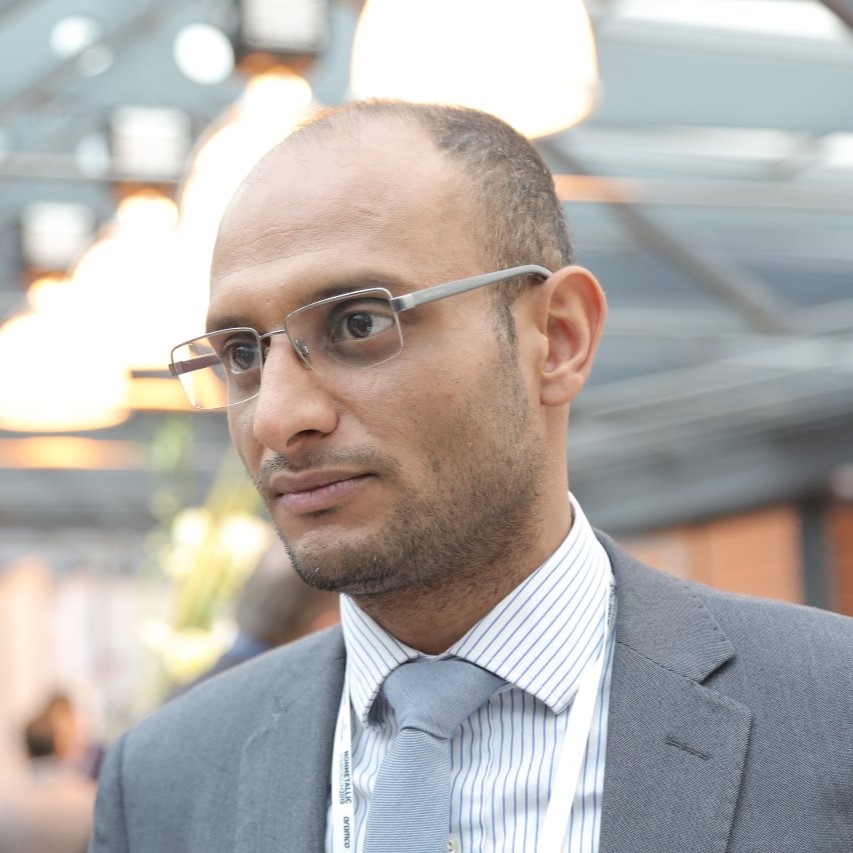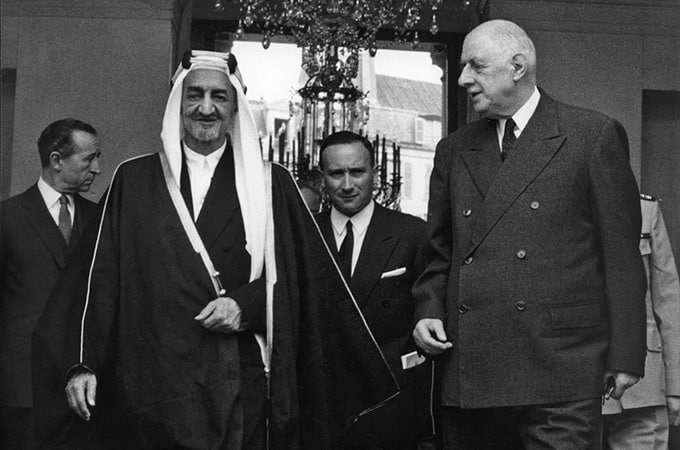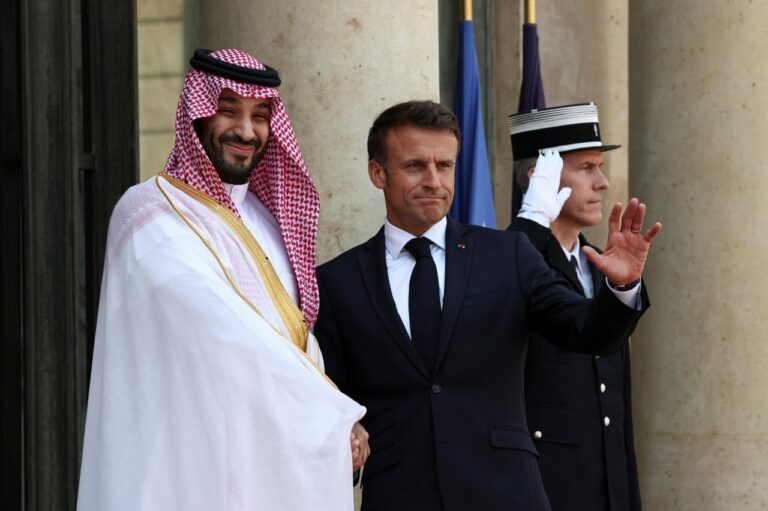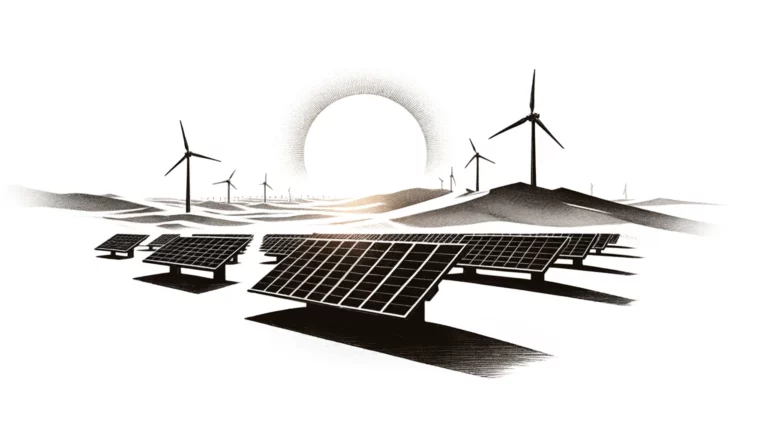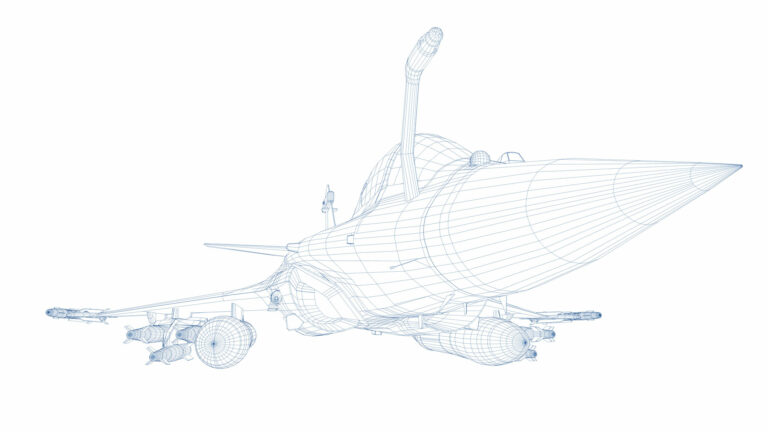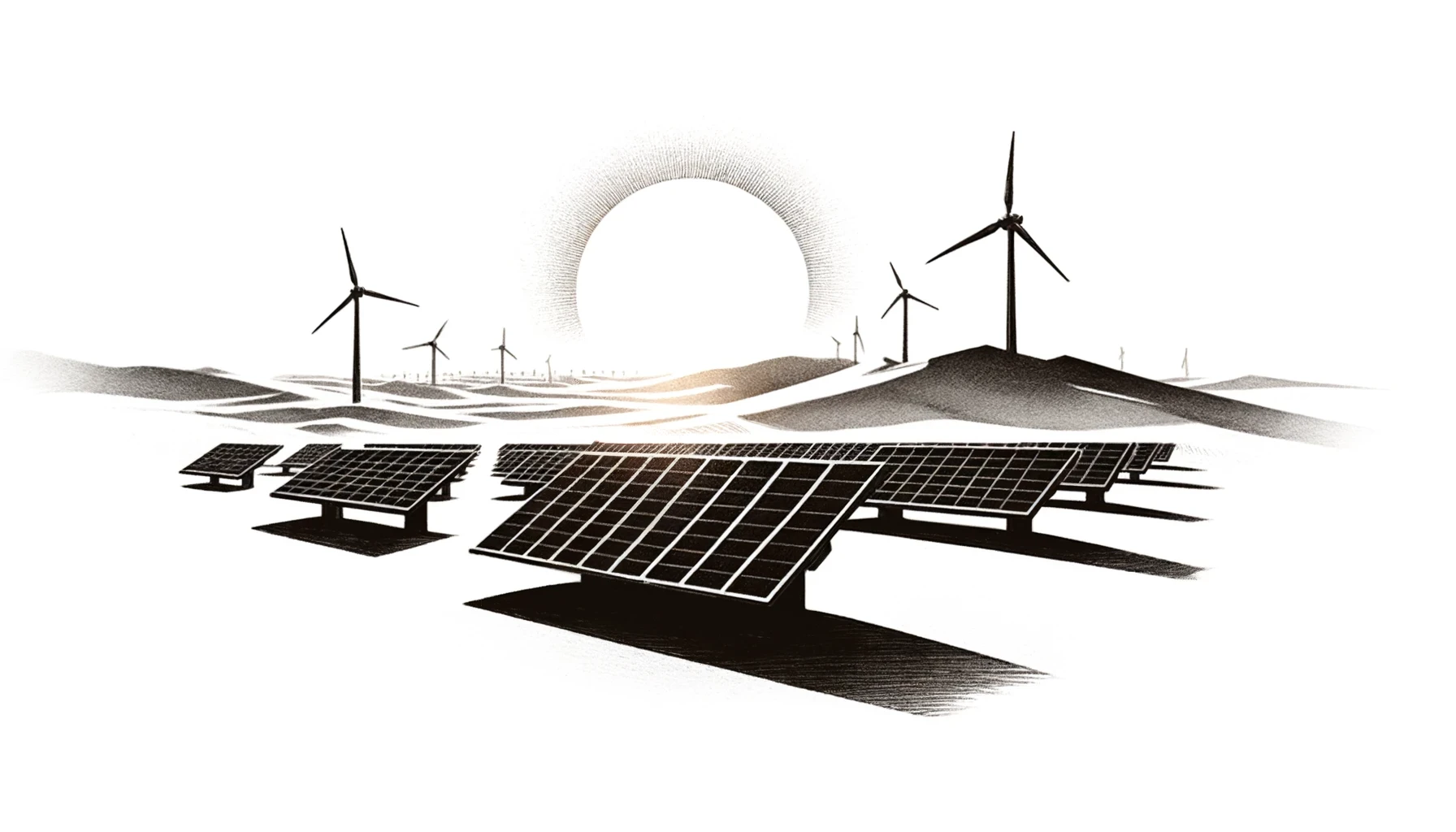
France and Saudi Arabia have experienced major changes in the last decade, during which the pillars of their cooperation, oil, and weapons exchanges, initiated in 1967, remained significant but lost relevance in the face of the many macro-economic and political challenges both countries faced. Under its new young leader, KSA engaged in massive societal and economic reforms to prepare the country for the post-oil era, diversifying the economy and ensuring employment opportunities in a world governed by fast paced innovation and competition.
France, with a new innovative young leader as well, entered a cycle of reforms meant at liberalizing its economy and unleashing the underexploited innovative and industrial capacities of the country. As early as 2015, under their former heads of states, both countries realized that they needed to prepare the ground for the deepening and diversification of their bilateral cooperation, this time stressing the need for technological innovation in areas others than the defense and oil industries.
As head of a French Industry 4.0 company, and as a Saudi citizen, I defend the view that the diversification and deepening of Franco-Saudi Relations cannot be successful without involving innovative SMEs specialized in Industry 4.0, as it is the set of technologies and skills that can ensure long lasting competitivity in the 21st Century.
A historical and paradoxical relationship
France and Saudi Arabia relations, though in some periods of history overshadowed by the British and US tight relations with the country, dating back to its foundation as a modern state in the wake of the Ottoman Empire’s demise, have been characterized by a strong resilience. France opened its first consulate in Jeddah in 1839, close to a century before the foundation of the Kingdom as we know it, in 1932.
France initiated diplomatic relations with the new country in the wake of its foundation. Nevertheless, it is widely considered that it was only under French President Charles de Gaulle that a real and tangible process of strategic rapprochement took place. The meeting of the French President with H.R.H. King Faisal in 1967 initiated the establishment of close relations at the highest levels of both states. Other strategic mutual visits of both countries’ heads of states followed regularly. There have been over 20 mutual official visits involving the highest levels of the states between the two countries, since 1967.
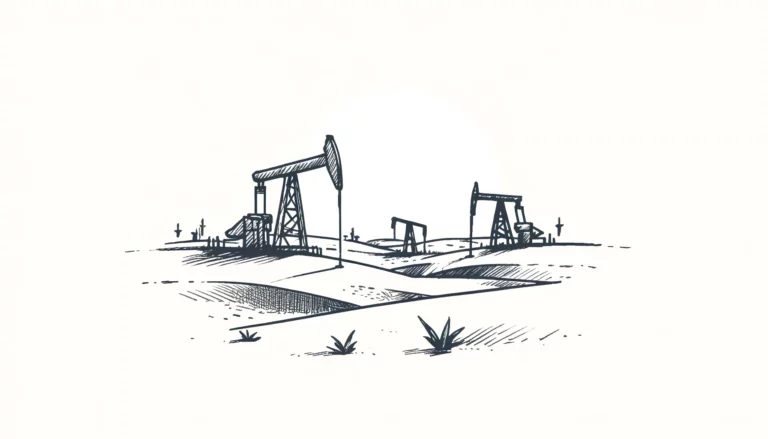
The relation was fostered by geopolitical convergence and shared strategic interests in the Middle East. Among the key items that united French and Saudi strategists have been common positions on enduring issues among which tensions in Lebanon, and concerns about the role of Iran and Syria on the country’s stability. France’s proportionate posture in Afghanistan, its siding with GCC countries during the Gulf War as well as its opposition to the USA invasion of Iraq in 2003 revealed the commonalities of both countries regarding their concerns on the stability of the Middle East and the rising threat of mass terror. These considerations translated into a strong focus of bilateral economic exchanges on oil and armament as they matched both countries’ needs and priorities. The significance of this bilateral trade still constitutes the main pillars of the two countries economic exchanges, despite attempts on both sides at diversifying trade partners and the nature of their economies. Statistics published in June 2019 [read article] showed that French purchases of Saudi oil increased by 50% reaching 3.7 billion € between March 2018 and April 2019. In 2018, French arms sales to Saudi Arabia rose by 50% in comparison to the previous year, reaching approximately 1 billion € [read article].
First, it is important to notice the resilience of this bilateral trade in the face of the many topics of disagreements that have plagued the French Saudi relation, especially since 2005. Saudi’s concerns have piled up in relation with France’s strategic reorientation on Iran before the gradual collapse of nuclear talks in 2018 and 2019, and the ensuing Iranian pressure on GCC countries, mostly on KSA. Developing partnership with Iran had been one of the key aspects of France’s diversification of oil supplies and market extension for some of its key industries, a perspective rendered unachievable by the levels of tensions between Iran, the GCC and the West. By extension, criticisms of Saudi’s involvement in the war in Yemen, where Houthi forces have been instrumentalized by Teheran, found more echo in France’s civil society, some groups even trying to exert pressure to cut French arms exports to Saudi Arabia [read article]. France’s elite’s tight relations with Qatar, though widely denounced in French civil society due to the ambiguity of Qatar’s political involvement in the country, have also led to some level of distrust at a time when Qatar is being accused by leading GCC countries of fostering terrorism in the Middle East and beyond. France’s ambiguous position towards Damas, considered as another Iranian pawn in the Middle East, has been cause for more concern when it came to the sale of telecom equipment. Finally, as France faced, as many other nations, increasing levels of terrorism fueled by radical Islamist groups, the funding role of Saudi associations in the country became a controversial topic, impacting the Kingdom’s image.
The latter was unfortunately reinforced by the very nature of French Saudi ties. Focused on industries, relevant to the sovereignty of both countries, relations between France and Saudi citizens remained limited to high level state or large firm’s executives, finding little echo and relevance in the general population and in the mass of SMEs that constitute France’s economic backbone. Despite National Exhibitions on Saudi Arabia staged in 1986 and in 2010 in Paris, the public and businesspeople remain ignorant of each other’s countries and potential opportunities.
The need and opportunity for change
As resilience has been the key feature of the French Saudi relation, the deep disagreements and strategic overlapping mentioned above did not deter leaders from both countries to set the foundation for new partnerships. Both countries are aware of the facts: France is one of KSA’s top ten commercial partners in the world. And currently, with two young leaders reaching their countries’ top positions with the wish to reform their societies and economies, time seems more than ever ripe for a refoundation of KSA-France relations, enabling them to go beyond the historical pillars of oil and armament, in line with both countries’ ambitious reform plans: FRENCH FAB vs VISION 2030. The latter has also been fostered by the necessity for KSA to diversify its economy to face the challenges of a post oil era and dwindling oil revenues. For France, in a world of fast technological change linked to AI and automation, amid increasing tensions affecting supply chains, the point is to reindustrialize its economy tapping on its wealth of innovative, numerous but cash strapped SMEs. In both countries, the implementation of Industry
4.0 technologies is key to revitalizing the economy and ensuring the employability of workers in an age of perpetual innovation. In that regard, both countries can easily match their objectives, complementing each other.
It must be reminded that a first step had been initiated by King Salman and President François Hollande, who adopted in May 2015 an action plan meant at boosting bilateral relations. This willingness was confirmed, on the French side, by M. Jean-Yves Le Drian, in 2018, then Minister for Europe and Foreign Affairs in an address at the Franco-Saudi Business Forum held during the visit of H.R.H. Prince Mohammed Bin Salman’s visit to France. In his address, Minister Le Drian mentioned key areas of economic cooperation to be considered to enter the “post-oil” age, such as agriculture, health, sustainable cities and reminding of KSA’s incredible and untapped tourism potential. The latter was followed by a Joint declaration by both countries in April 2018. Among other considerations of geopolitical nature, the deepening of bilateral economic relations has been mentioned as a key item on the agenda. The declaration clearly mentions the complementarity between Saudi Arabia’s VISION 2030 developments and French technological expertise. The text mentions that “the Kingdom VISION 2030 is an opportunity to explore new domains, in business and cooperation”. The text further states that “the French know-how in the domain of technology is of a great importance for all domains, as its impact would be tangible, in all fields and the financial investments between big and upstart companies will be encouraged”.
These political statements have been highly encouraging, but they also point at how much remains to be done. Indeed, except for armament contracts, no French/Saudi commercial operation in the sector had been able to win a sizable contract matching with the volume of sales performed in the weapons or oil sectors. Moreover, as the European Union is wielding influence to ban all arms sales to Saudi Arabia following the conflict in Yemen, there will be no other way but to find other areas of cooperation.
In that regard What must be done to boost Franco-Saudi bilateral trade relations must be done in a way that is disruptive of the previous nature of exchanges between France and the Kingdom. This means that SMEs and industrial innovators must take the forefront
Bringing innovative industrial SMEs on board for Industry 4.0
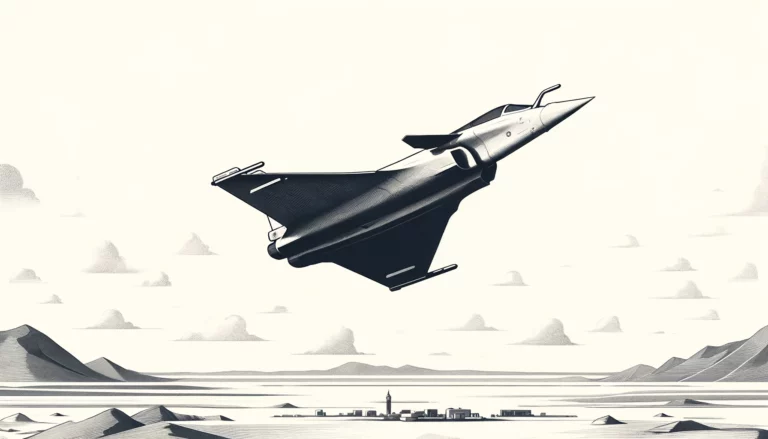
As KSA is unfolding its VISION 2030 plan at high pace, France has also engaged in a renovation of its industries, focusing on the countries highly innovative wealth of tech SMEs. Indeed, France is a historically leading industrial and technical country that is just recovering from the economic crisis that swept the world in 2008 and is in the process of re-centralizing it at the European and global levels. France’s industrial and defense industries are in the process of rebuilding to cope with the new changes. In the recent period, this sector has been greatly affected by the stagnation of the French economy, which led to the external acquisition of major French companies and the closure of many of its factories. The new French government has launched many initiatives and programs to address this in the light of a comprehensive plan. For example, the LA FRENCH FAB initiative, which was part of the program of the International Exhibition of Future Industry Technology, which was held from 27-30 March 2018 in Paris under the patronage of His Excellency the President of the French Republic. This exhibition brings together the leading European companies in technology, science and industry of INDUSTRY 4.0; the future of manufacturing.
From design to manufacturing, future industries will operate increasingly as global interdependent systems. Industry 3.0 had a vertical integration approach, with the automation of the industrial process in which machines and devices were not communicating with each other. In the era of the upcoming industry 4.0, machines and appliances can « talk » to each other, using modern technologies such as IoT, BIG DATA analytics, COBOTICS/ robotics, all of which will inevitably increase the efficiency of factories. Implementing the Industry of the future is not an option of French and GCC companies if they want to play an active role in this massive industrial revolution. In an age of pervasive connectivity, manufacturing, like many other sectors, is in the process of integrating AI and automation in a way that increases quality control, delivery deadlines and the proper implementation of manufacturing processes.
La FRENCH FAB has been a remarkable showcase of what capabilities French companies could bring to support the diversification of the Kingdom’s economy in the post-oil era, and in compliance with the VISION 2030 plan. KSA and France have indeed remarkably similar manufacturing development goals detailed as subparts of their national vision for the post oil transition as far as Saudi Arabia is concerned. The Saudi NIDLP, the National Industrial Development and planning Program, part of the greatest national project VISION 2030, unifies the whole question of manufacturing and industry. The world follows the series of changes and developments that Saudi Arabia has adopted since 2015. In France everyone observes this progress with great admiration. VISION 2030 is entering the implementation phase with a pace that astonishes economic observers and analysts in Europe. Everyone here sees the vision and the kingdom in its new perspective that will make Saudi Arabia the new global economic pioneer.
A French Saudi cooperation in the field, though supported by both governments will need to get SMEs from both countries on board to ensure its success and foster emulation
Conclusion: We are ready to commit
- As actors in robotics, big data, IOT, are willing to jump into this revolution, they need to be guided by a core business player who has a full expertise of the process. That expert will be the one adapting the new manufacturing technologies to the company’s manufacturing requirements and quality standards. 5G will make it reality; IoT becomes an indispensable asset in this new industrial era.
- In that regard, a successful deepening and diversification of the KSA France bilateral economic relation will need French/Saudi players that are both competent technically in the field of AI, IoT and 5G, and able to pull out the necessary skills and experience for the various joint projects between the two allied countries.
- Together with our industrial partners in France, I am preparing for a new industrial event that will take place soon (information to come). The presence of Saudi experts in industry and technology at such events will be an opportunity to facilitate the process of establishing new strong industrial partnerships between the Kingdom and France within a long-term strategic framework and coordination and governance consistent with the Kingdom’s 2030 vision. This will also allow the French side to identify the fundamental changes that the Kingdom has made. Finally, it will lay a new foundation for successful technical cooperation and industrial exchanges between the two countries.
The Role of META 2c
META 2c is a Saudi-French company that positions itself as a catalyst, a key and unique facilitator in the relationship between European companies and industrial markets in the Arabian Gulf countries, in particular for the development of technologies in the defense sector. By offering services such as business expertise (including engineering), market analysis, strategic planning and project management, META 2c helps its clients navigate the complex landscape of the defense industry sector and the cultural differences of the business world, identify partnership opportunities and tailor their offerings to the specific needs of the region.
The expertise and extensive network of its industrial and political experts in Europe, as well as the support of its partners, allow META 2c to build strong bridges between the West and the Arabian Gulf, fostering innovation and growth in the defense, industrial, innovation, technological and energy sectors; paving the way for new collaborations. We support from start-ups to large accounts and remain attentive to your project.

